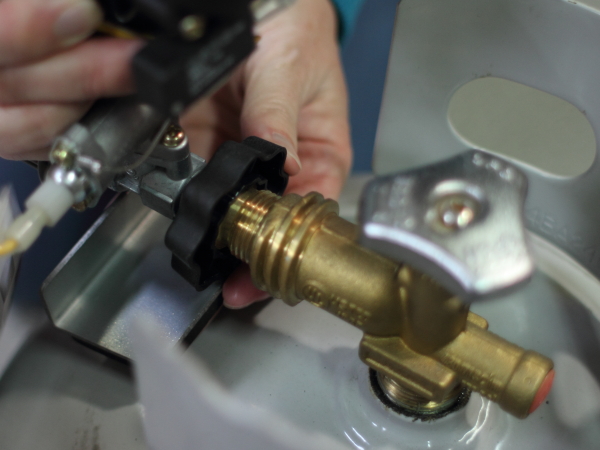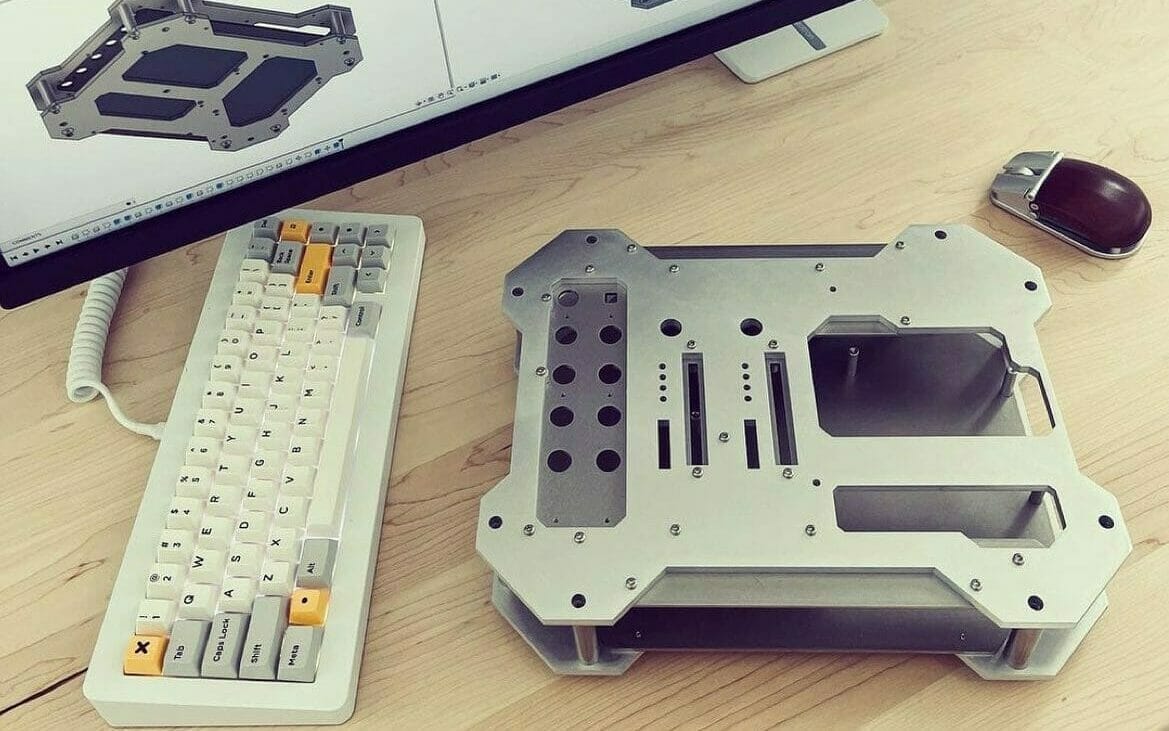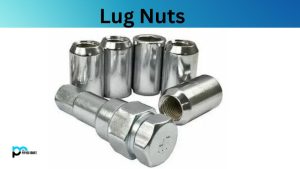Fasteners are critical components in construction, manufacturing, and repair work, providing the necessary support to hold materials together. From screws and bolts to nuts and washers, the variety of fasteners available ensures that there’s a suitable option for every application. In this article, we’ll explore the different types of fasteners, their uses, and how they relate to modern materials like geocomposite.
What are the different types of fasteners available?
Fasteners come in many forms, including:
- Screws: Used for securing materials together, available in various sizes and head types.
- Bolts: Often used in conjunction with nuts, bolts provide high strength and stability.
- Nuts: These are paired with bolts to create a secure fastening point.
- Washers: Used to distribute load and prevent loosening of fasteners.
- Rivets: Permanent fasteners often used in metalwork and aviation.

How do I choose the right fastener for my project?
Choosing the right fastener depends on several factors:
- Material: Consider the materials you are joining; different fasteners are designed for wood, metal, plastic, etc.
- Load Requirements: Assess the strength needed based on the weight and stress the assembly will endure.
- Environmental Conditions: For outdoor projects, select fasteners that are rust-resistant or designed for specific climates.
- Ease of Installation: Some fasteners require special tools or skills for installation, so choose accordingly.
What role do fasteners play in the construction of geocomposite materials?
Fasteners are crucial in the installation of geocomposite materials, which combine geotextiles with other materials for improved drainage and structural support. They secure the geocomposite in place during construction, ensuring that it performs effectively in applications like road construction, erosion control, and landfill engineering.
Are there any innovations in fasteners that I should be aware of?
Yes! Recent innovations include:
- Self-tapping screws: Designed to create their own hole, reducing installation time.
- Corrosion-resistant coatings: These enhance durability in harsh environments.
- Smart fasteners: Some modern fasteners come equipped with sensors to monitor tension and alert users to any changes.
Fasteners are indispensable in a wide range of applications, providing the strength and stability needed to hold materials together. Understanding the various types of fasteners, how to choose the right one, and their specific roles—especially in modern materials like geocomposite—can greatly enhance the quality and durability of your projects. Whether you’re a DIY enthusiast or a professional contractor, knowledge of fasteners is essential for success.



